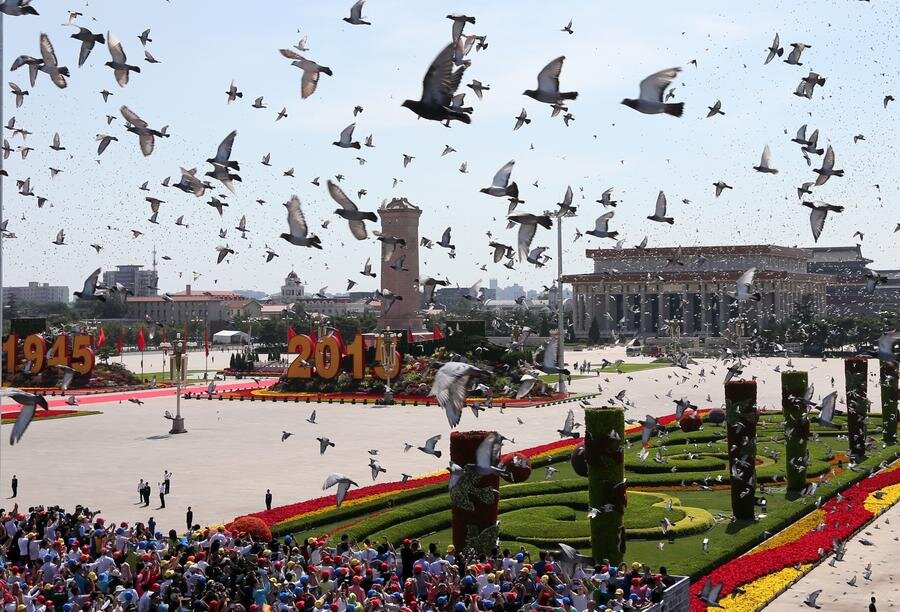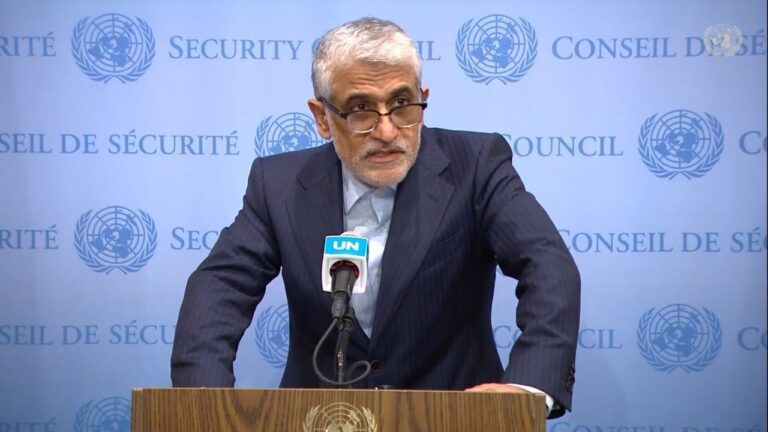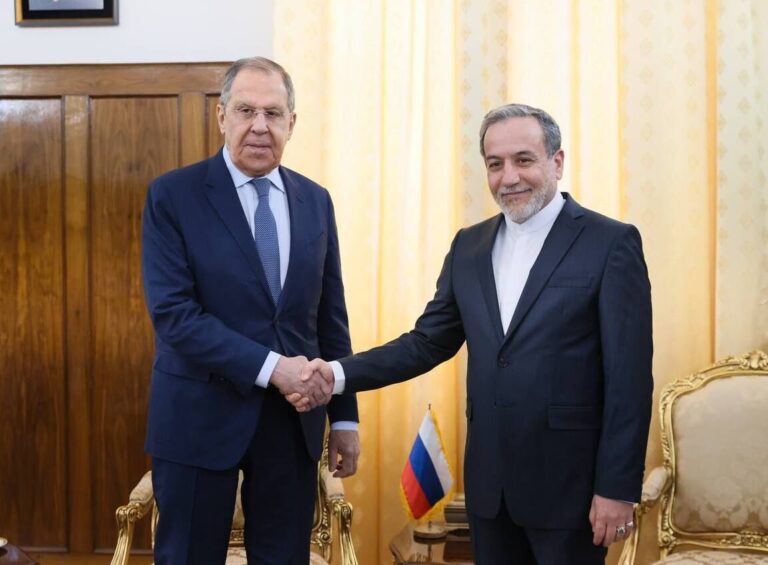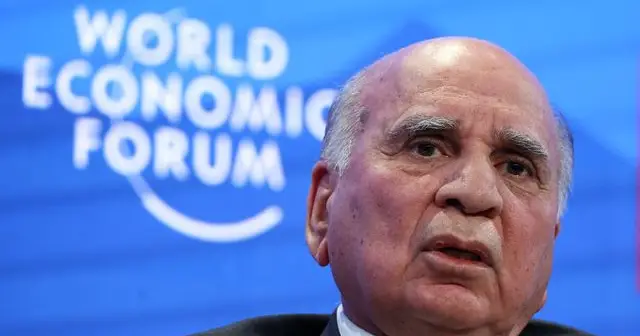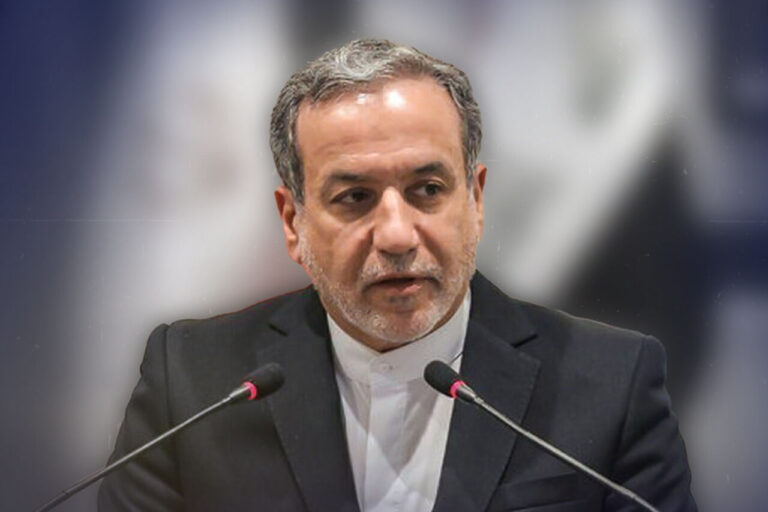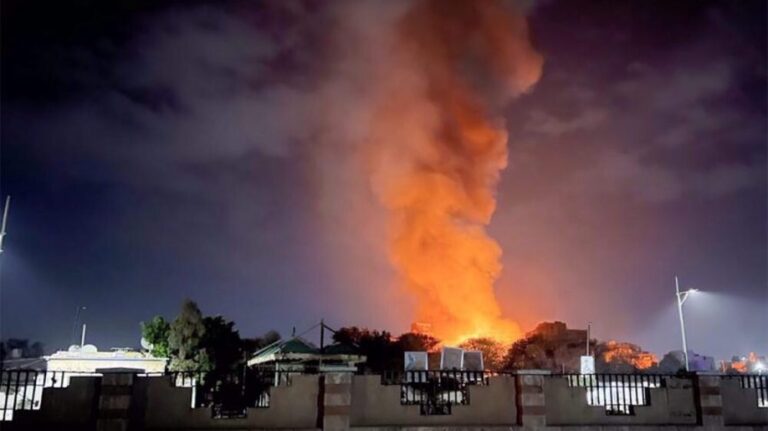Empowering Future Generations: The Legacy of Peace Passed Down
The victory of the World Anti-Fascist War, celebrated 80 years ago, is a significant milestone that reshaped human history, paving the way for a better international order and the pursuit of enduring peace. Today, as we examine the evolution of global dynamics, we see how technological advancements and globalization have brought nations closer while simultaneously introducing complex challenges that threaten global stability.
In an era marked by rising global uncertainty, power politics, and unilateralism, it is crucial for humanity to reflect on the lessons of the past. We must ask pressing questions: How can we protect the hard-earned peace? How do we collectively tackle urgent global issues? And how do we create a shared future for all?
As Chinese President Xi Jinping emphasized during the 70th session of the United Nations General Assembly in 2015, history serves as a mirror reflecting our past. “We should view history with awe and human conscience. The past cannot be changed, but the future can be shaped,” Xi stated. He urged that remembering history should not breed hatred, but should inspire efforts to create a better future and pass the torch of peace to future generations.
Victory in the Fight Against Fascism
On May 8, 1945, Germany’s surrender in Berlin marked the end of World War II (WWII) in Europe. Additionally, China was engaged in its final major campaign against Japan, the Battle of Western Hunan. Japan’s subsequent surrender aboard the USS Missouri on September 2, 1945, concluded a conflict that involved over 80 countries and regions, affecting roughly 2 billion people and resulting in over 100 million casualties and economic losses exceeding 4 trillion U.S. dollars.
More than 50 countries, including China and the Soviet Union, united against fascist aggression, with China suffering a staggering national sacrifice of over 35 million casualties during its struggle against Japanese militarism. Over 14 years of intense anti-fascist warfare allowed China to engage and immobilize over two-thirds of Japan’s military forces, inflicting 70% of Japan’s wartime casualties—a significant contribution to the anti-fascist victory.
The global struggle against fascism saw nations stand in solidarity with China. The U.S. “Flying Tigers” played a crucial role in transporting emergency supplies, while foreign doctors like Norman Bethune from Canada and Dwarkanath Kotnis from India risked their lives to aid those in need. Furthermore, German businessman John Rabe’s efforts during the Nanjing Massacre in 1937 exemplified the international support China received during this tumultuous time.
Equally notable was the Soviet Union’s contribution in the European theater, enduring tremendous hardships during pivotal battles such as Moscow, Stalingrad, and Kursk. Soviet air force volunteers fought alongside Chinese troops, with many sacrificing their lives for the common cause against fascism. This shared struggle fostered a profound bond between China and the Soviet Union.
The Birth of the United Nations
This year marks not only the 80th anniversary of the victory in the World Anti-Fascist War but also the founding of the United Nations (UN). The UN Charter famously begins with “We the peoples of the United Nations determined to save succeeding generations from the scourge of war,” a powerful reminder of the lessons learned from two devastating world wars.
Emerging from the devastation of WWII, the UN symbolizes humanity’s aspiration to move away from a world governed by chaos and hierarchical domination. The UN Charter, for the first time in international law, established the principle of sovereign equality, asserting that all nations, regardless of size or strength, are equal. This principle became the cornerstone of the post-war international order.
- Sovereign equality became a fundamental norm of international relations.
- The establishment of the UN has transformed global governance and institutional cooperation.
- National liberation movements flourished globally, leading to the independence of many nations.
China, as a founding member of the UN and the first country to sign the UN Charter on June 26, 1945, consistently advocated for the rights of small and medium-sized nations. By emphasizing “independence” in the UN Charter, China demonstrated its commitment to international fairness and justice.
Challenges and Opportunities
Over the past 80 years, the world has enjoyed a period of relative peace, enabling emerging economies like China to rise while economic globalization deepened. However, beneath this peaceful facade lies a resurgence of unilateralism and protectionism, with certain Western politicians pushing for ideological divisions and exclusive blocs, reminiscent of a “new Cold War” mentality.
As UN Secretary-General Antonio Guterres warned, “Everywhere we look, peace is under attack.” The world stands at a crucial crossroads: Should we uphold multilateralism or allow unilateralism to proliferate? Should we support democratic international relations, or let power politics dictate our interactions?
History teaches us vital lessons:
- Peace must be defended. The horrors of war and the atrocities committed during conflicts underline the necessity of preserving peace.
- Unity is essential. The signing of the United Nations Declaration in 1942 by 26 nations demonstrated that ideological differences can be transcended for a common cause.
- The tide of history is irreversible. The decline of colonialism, the end of the Cold War, and the rise of developing nations underscore that “might does not make right.”
- Rules are essential for fairness. The principles outlined in the UN Charter serve as a reminder that without rules, chaos could ensue.
As a victor in WWII and a defender of the post-war order, China remains committed to promoting global peace and stability through practical actions, such as advancing the Belt and Road Initiative and supporting global development initiatives. In doing so, China seeks to foster a more balanced global governance system, contributing positively to world peace and development.
At this pivotal moment in history, the world must embrace cooperation rather than division. As we commemorate the 80th anniversary of the victory in the World Anti-Fascist War, let us light the torches of peace and solidarity to illuminate our path forward, ensuring that the tragedies of the past do not repeat themselves and that the vision of lasting peace and sustainable development becomes a reality.
